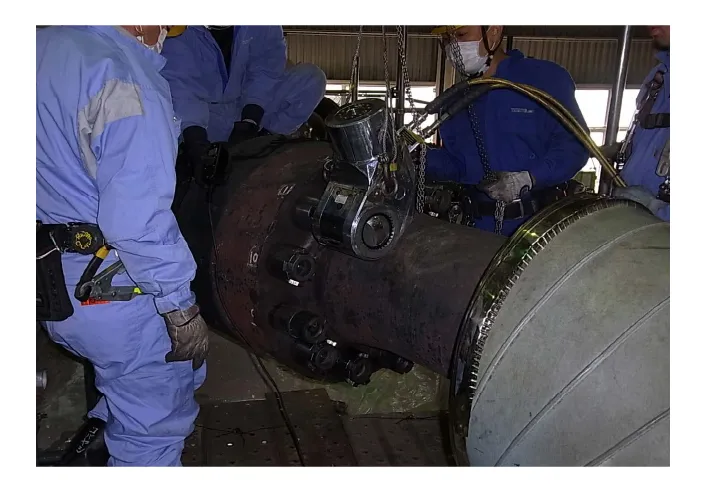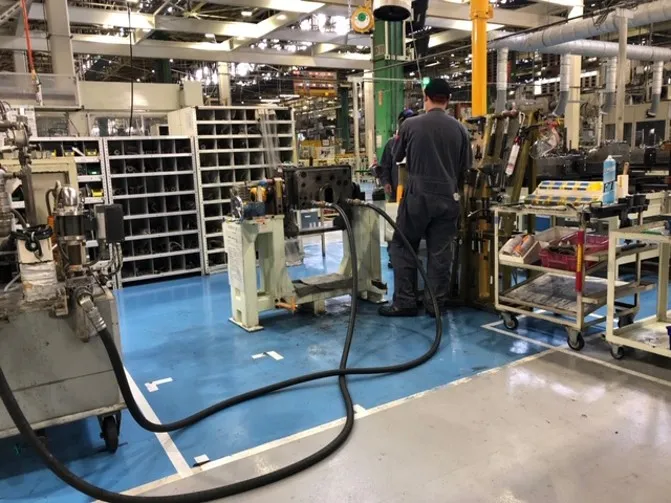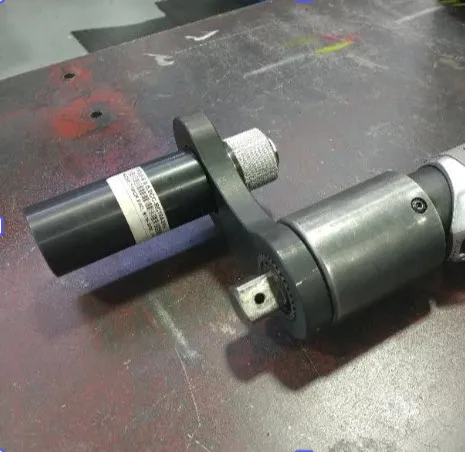The Crucial Significance of Reliable Wheel Installations in Fleet Cost Minimization
When it comes to fleet management, several cost-saving strategies stand out, with the importance of reliable wheel installations in reducing fleet costs being a paramount yet often overlooked one. The emphasis on adequate wheel installations is well-founded given their direct correlation with the vehicles' performance, safety, and longevity in any commercial fleet.
This article endeavors to illuminate the importance of reliable wheel installations in fleet cost reduction, illuminate the best practices for wheel installations, and impart industry insights on cost-saving strategies.
The Correlation Between Wheel Installations and Fleet Costs
Reliable wheel installations are a significant cog in the machinery of fleet efficiency and cost reduction. The condition and reliability of the wheel are of utmost importance for smooth fleet operations. Let's dissect the relationship between wheel installations and fleet costs.
Proper wheel installations are instrumental for fleet efficiency. Wheels installed correctly ensure peak performance, reduction in downtime, and an increase in productivity. It involves adherence to correct torque specifications, precise wheel alignment, and the utilization of superior fasteners.
Unreliable wheel installations can lead to loose or improperly torqued wheels, which can cause wheel detachment, posing a serious safety risk. This increases the probability of accidents, potential lawsuits, and harm to the commercial fleet's reputation.
Moreover, unreliable wheel installations elevate maintenance and repair costs. Problems like excessive vibration, premature tire wear, and uneven tire pressure caused by loose wheels not only affect fuel efficiency but also lead to frequent breakdowns and unscheduled fleet servicing.
By employing advanced torque tools like the wheel bolting systems from HYTORC, fleet operators can ensure precision in torque application, accurate alignment, and consistent wheel mounting, thereby enhancing fleet safety, performance, and cost-efficiency.
Best Practices for Reliable Wheel Installations
Reliable wheel installations play a key role in reducing fleet costs. Following best practices and proper techniques ensures wheel safety and longevity, thereby curbing unnecessary fleet expenses.
Following torque specifications and employing proper tightening techniques are pivotal for reliable wheel installations. By using a torque wrench and applying the recommended torque, you can prevent under- or over-tightening, which can lead to wheel loosening, vibration, and premature wear.
Choosing high-quality fasteners, like those offered by HYTORC, boosts wheel reliability. These fasteners, engineered for extreme conditions, retain their strength and durability, reducing the risk of wheel detachment and related accidents.
Regular inspections and fleet maintenance are vital to maintain wheel integrity. Identifying signs of damage, wear, or loose fasteners through thorough inspections can prevent costly breakdowns, accidents, and lawsuits. Using free fleet maintenance software can greatly assist in this process.
By applying these best practices, fleet costs linked to wheel installations can be significantly reduced. HYTORC offers a broad range of reliable wheel installation solutions to meet the highest industry standards. Learn more about our products and how they can bolster your fleet's wheel reliability.
Fleet Cost Reduction: Insights from the Industry
The importance of reliable wheel installations in reducing fleet costs is a substantial yet often disregarded factor in fleet cost reduction. Studies have consistently shown a positive relationship between reliable wheel installations and reduced fleet costs.
A recent independent study demonstrated that fleets with a high rate of wheel-related incidents incurred significantly higher maintenance and repair costs than those with reliable wheel installations. The study emphasized the need for proper wheel installation techniques and technologies.
Industry professionals stress the optimization of wheel installation processes. By adhering to best practices and manufacturer guidelines, businesses can minimize wheel-related incidents and associated costs. This includes proper torque application, use of calibrated tools, and regular fleet servicing.
With the increasing demand for reliable wheel installations, innovative solutions like the HYTORC LION GUN have been introduced. With its advanced features like data capture and documentation via the HYTORC Connect App, the LION GUN ensures accurate and consistent installations, reducing the probability of wheel-related incidents and costly repairs.
Investing in reliable wheel installations not only reduces fleet costs but also augments safety and efficiency. By focusing on this critical aspect of fleet maintenance, businesses can reap long-term savings and improved operational performance.



